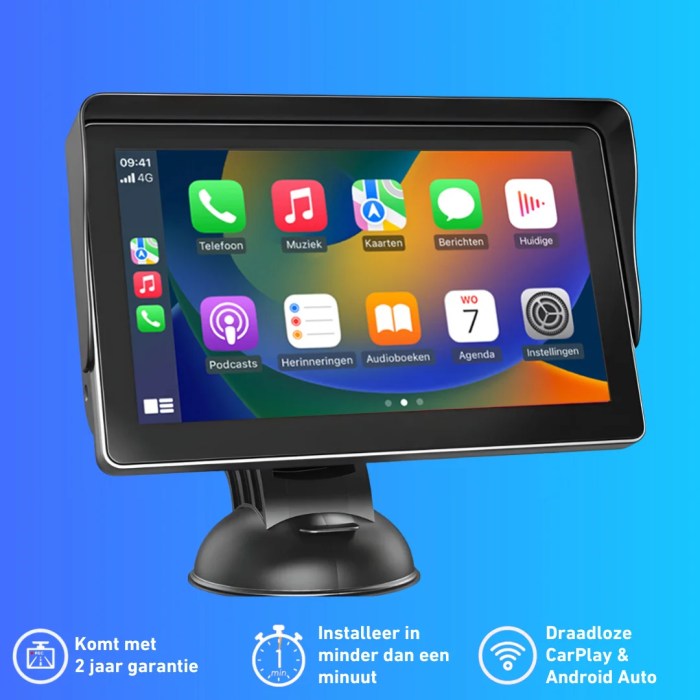The Future of Work is an ever-evolving concept, with new trends and technologies driving the evolution. By 2023, several key trends will shape how we work and live in the workplace. These include cloud-first services, remote working, holistic well-being programs, automation and AI technology advancements, and data-driven insights through analytics. We will also see increased flexibility regarding working arrangements, such as flexible hours and locations. All these factors will combine to create a more efficient future workspace that enables employees to be productive while maintaining their mental and physical health. Through this article, we explore these various components which will affect our workplaces by
Cloud-First Services
Cloud-first services are revolutionizing how businesses operate, making it easier to access data, deploy applications, and collaborate with colleagues remotely. Cloud solutions provide organizations with the scalability and flexibility needed to adapt quickly to changing market conditions. Cloud-based services have enabled companies of all sizes to accelerate their digital transformation efforts and remain competitive in a rapidly evolving landscape. With cloud computing becoming more affordable, reliable, and secure, businesses can manage large workloads cost-effectively while benefiting from increased efficiency.
By 2023 we expect many more businesses will be leveraging cloud-based technologies due to the numerous advantages they provide, such as improved security measures and greater agility when adapting their operations for new markets or product changes quickly compared to traditional methods requiring manual updates or lengthy development cycles. Furthermore, advancements in artificial intelligence will make it increasingly easier for companies to leverage predictive analytics insights from vast amounts of data stored within these platforms allowing them to make informed decisions faster than ever. This shift towards embracing modern technologies will no doubt shape the future work environment making work simpler, more efficient, yet rewarding.
Remote Working
Remote working is becoming increasingly popular as companies of all sizes realize the numerous benefits that it can bring. Remote working enables employees to work from any location, and at any time, allowing them to balance their work and home life more effectively. This flexibility also allows organizations to cut costs on office space and overhead expenses while providing a productive environment for employees.
More importantly, remote working allows businesses to tap into a much larger talent pool than would be available if geographical boundaries restricted them. Companies can hire the best person for each role regardless of where they live or how far away they may be based, meaning that top talent need not be in proximity for an organization to benefit from their skill set.
By 2023 it is expected that many more employers will have embraced remote working practices with advances in cloud computing, making this type of arrangement even easier than ever before. Collaboration tools such as video conferencing allow teams worldwide to stay connected without needing physical contact, which helps ensure projects remain on track despite being geographically dispersed. Furthermore, these technologies make it easier for companies to provide access to training materials, real-time feedback, and mentorship programs. Hence, everyone has an equal opportunity to succeed regardless of where they are based. Ultimately remote working provides employers and employees with increased autonomy, which will undoubtedly shape future work environments.
Holistic Well-being
The development of holistic well-being programs is becoming increasingly important in the modern workplace. By 2023, employers will be looking to implement measures to manage their employees’ mental and physical health. Holistic well-being programs involve a combination of initiatives such as providing access to counseling services, offering flexible work arrangements, encouraging regular exercise, and promoting healthy eating habits.
Automation and AI
Advances in automation and AI technology are expected to have a huge impact on the future of work because automation is set to revolutionize many industries, from manufacturing and logistics to healthcare and finance. By automating mundane tasks, organizations can save time, money, and resources while allowing employees to focus on more complex tasks requiring critical thinking or creativity. This shift towards automation will also enable businesses to increase their speed of delivery which will help them stay competitive in an ever-changing market.
AI has the potential to further enhance automation capabilities by providing deep insights into an organization’s data sets which enables it to make informed decisions faster than traditional methods would allow. With machine learning algorithms, companies can quickly analyze large volumes of data, uncovering trends or patterns that may not be visible through manual inspection. Additionally, these systems can efficiently process unstructured information, such as customer feedback or emails, helping teams identify areas of improvement before they become issues.
Data and Analytics
Data and analytics can be powerful tools for organizations, giving them the insights they need to make informed decisions. By 2023, data-driven insights will become even more important as companies look to understand their customers better than ever before. With access to vast amounts of customer data, businesses will be able to craft products, services, and experiences that are tailored specifically to meet the needs of their target audience.
Flexible Working Arrangements
Flexible working arrangements have become increasingly popular in today’s workplace, with technological advances making it easier than ever for employees to work remotely. By 2023, more businesses will embrace this type of arrangement as it provides numerous benefits for employers and employees.
For employers, flexible working can help reduce costs such as office rent and utility bills while allowing them access to a larger pool of talent regardless of geographical boundaries. Additionally, having the ability to hire remote workers allows organizations to tap into global markets, significantly increasing their potential customer base. Furthermore, studies have shown that offering flexible work options leads to increased job satisfaction among staff, resulting in better employee retention rates and improved business performance overall.
Conclusion
In conclusion, the future of work is shaped by technological advances such as automation and AI, and the integration of HR software such as Timelabs is helping to optimize HR management in many industries. These tools promise to revolutionize HR practices and benefit employers and employees. Automation will enable organizations to save time, money, and resources while allowing them to access a larger talent pool regardless of geographical boundaries. Furthermore, offering flexible working options can improve staff job satisfaction, resulting in better employee retention rates and increased business performance overall. As we move closer to 2023, it is clear that data-driven insights will become an increasingly important factor for success within any organization operating in today’s digital economy, making it essential that companies have access to reliable, accurate sources of information to remain competitive. With HR software solutions like Timelabs, organizations can stay ahead of the curve and further advancements in automation and AI to help shape how businesses operate in today’s ever-changing world.









